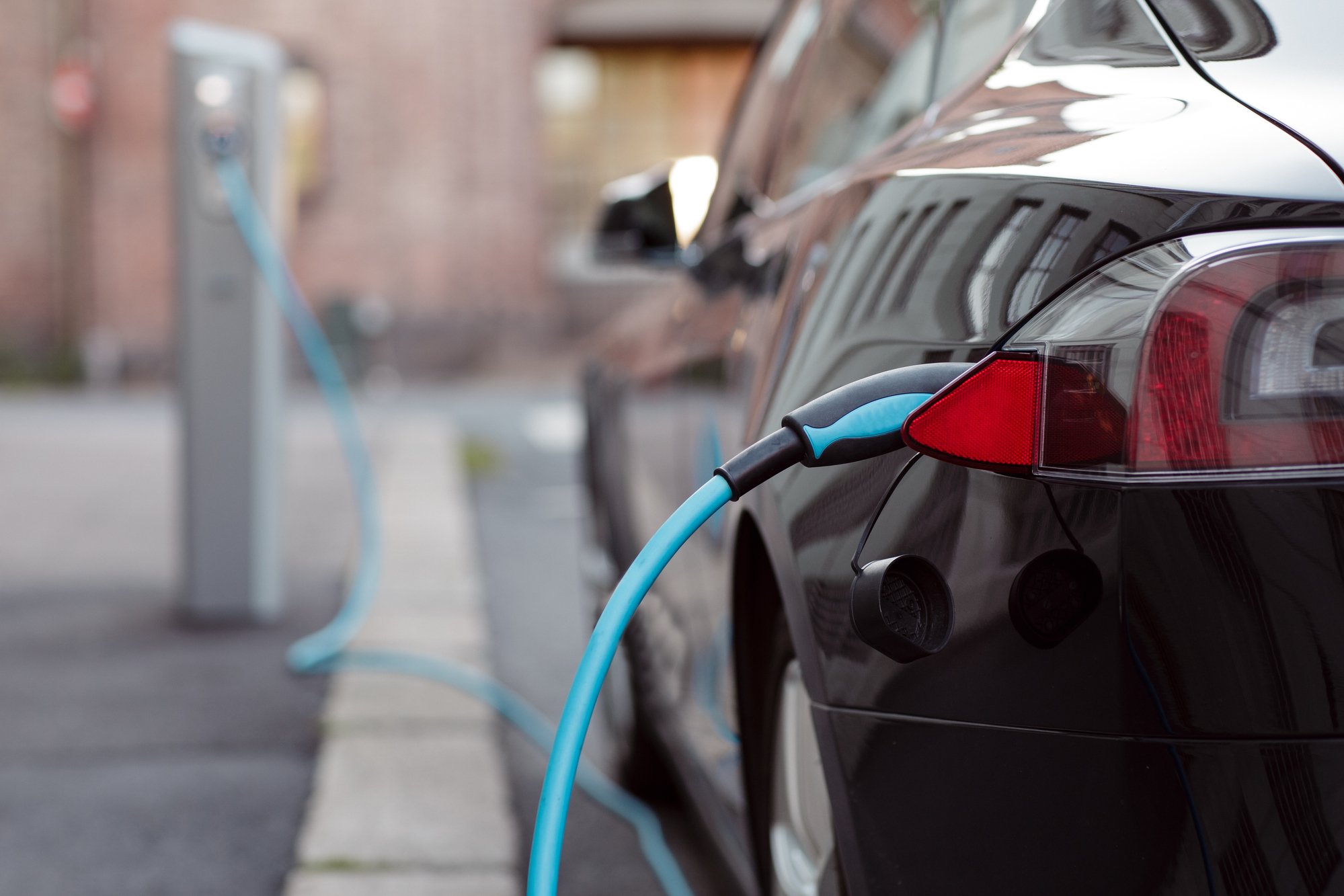
The increasing adoption of electric vehicles is met with critical challenges related to outdated infrastructure and stringent environmental regulations.
This is leading to growth impediments in the EV market, law firm Troutman Pepper said in a report, Driving Change: Scaling up EVs in the U.S. With federal incentives, consumer demand and policy support fueling the sector’s expansion, the report explores the urgent need for an infrastructure overhaul and a more conducive regulatory environment to keep pace with acceleration.
The heart of the matter lies in the modernization and expansion of the EV charging infrastructure and regulatory adjustments for establishing new battery and vehicle manufacturing facilities. The report highlights the bottlenecks in infrastructure permitting rules, complicated by the varied state-level implementation of federal guidelines, as significant hurdles.
“A lot needs to happen for EVs by 2026 to be widely adopted. That includes speeding up the permitting process for battery gigafactories and speeding up manufacturing facilities,” explained Dan Anziska, partner at Troutman Pepper. “It is expensive and time-consuming to build a massive gigafactory, as well as being reliant on many suppliers, and there are so many that have been announced. There’s competition for everything from labour to equipment and resources.”
To propel the EV market forward, the firm emphasized four critical strategies needed in the U.S. It spoke to industry experts who came up with several recommendations.
Expand public charging networks
It’s crucial for states to delineate the roles electric utilities and non-utility entities should play in operating charging stations. This clarification will ensure that charging station operators can function competitively without being ensnared in utility regulations.
Clarify environmental regulations for battery factories
As automotive and battery innovators push boundaries, regulatory ambiguity around the production and recycling of battery components stalls progress. Policymakers are urged to provide clear guidelines, especially concerning the handling of chemical components and recycling processes, to spur advancements in battery technology.
Streamline chemical approvals
The Environmental Protection Agency (EPA) is encouraged to expedite the approval process for chemicals used in EV batteries, leveraging existing approvals of similar substances to foster efficiency. This approach, coupled with updated policies or guidance on wastewater management from battery production, could significantly reduce bureaucratic inertia.
Foster innovation in battery recycling
Collaborative efforts to establish best practices for EV battery recycling and management of shredding operations will enhance environmental and operational standards in the recycling process.
These recommendations, the firm outlined, aim to dismantle the barriers to EV adoption, underscoring the necessity for a synergetic effort involving public policy, investment and innovation.



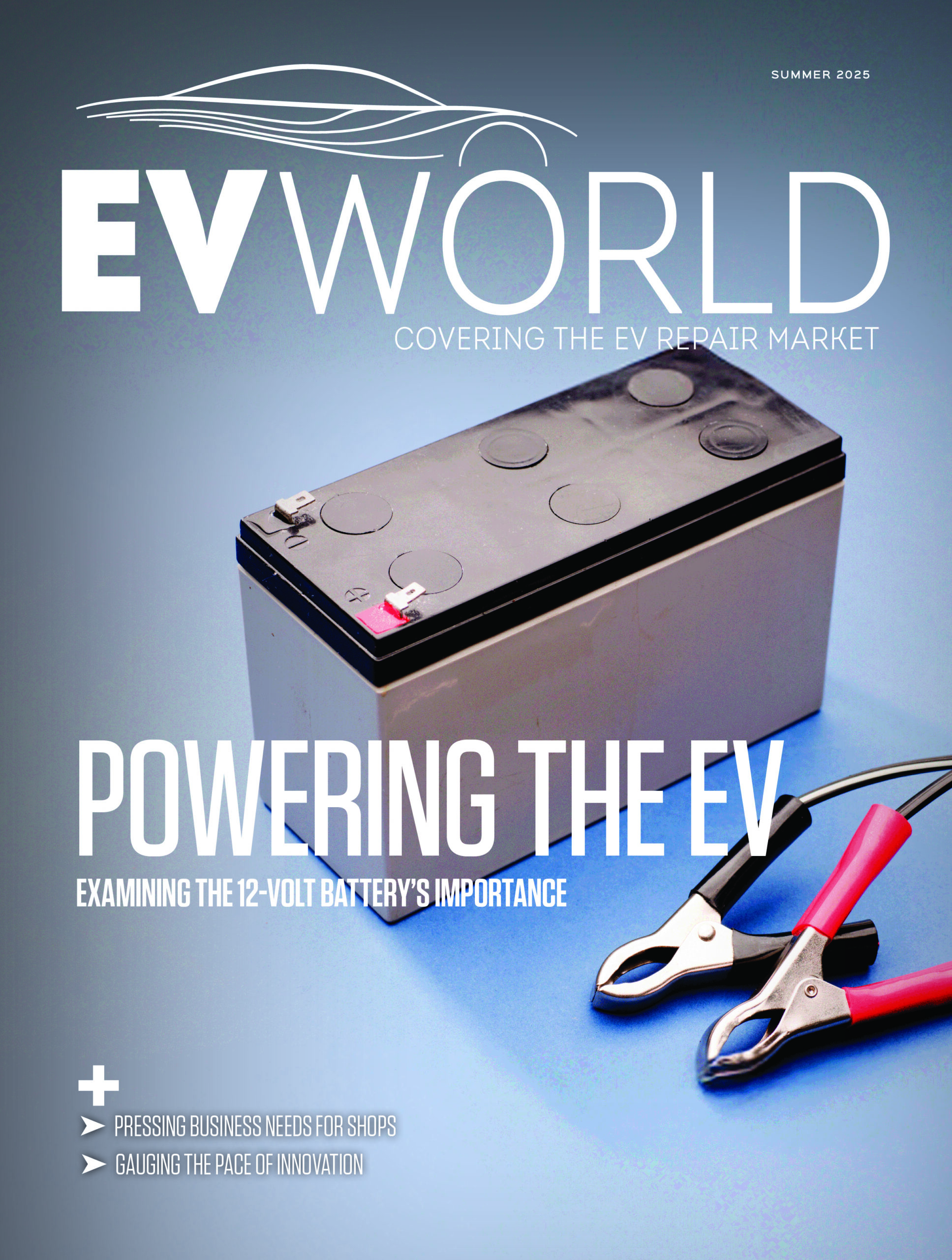

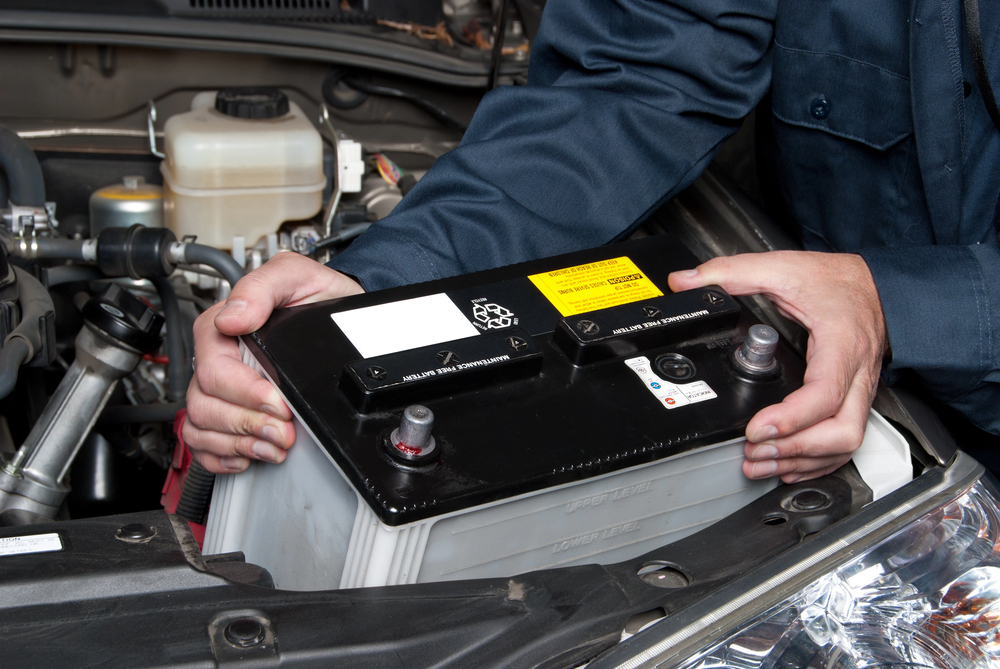
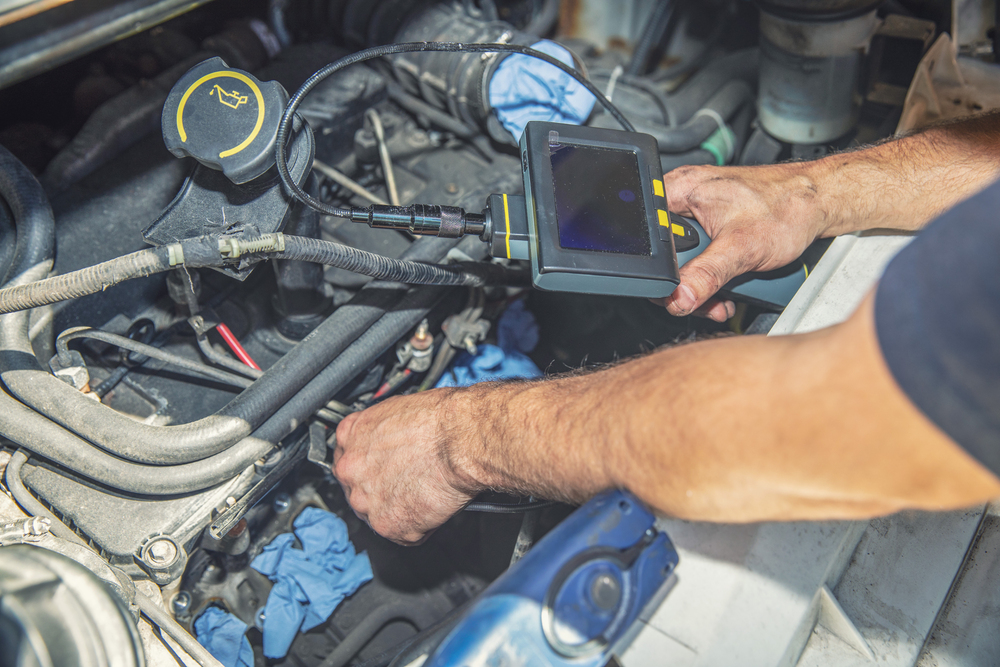

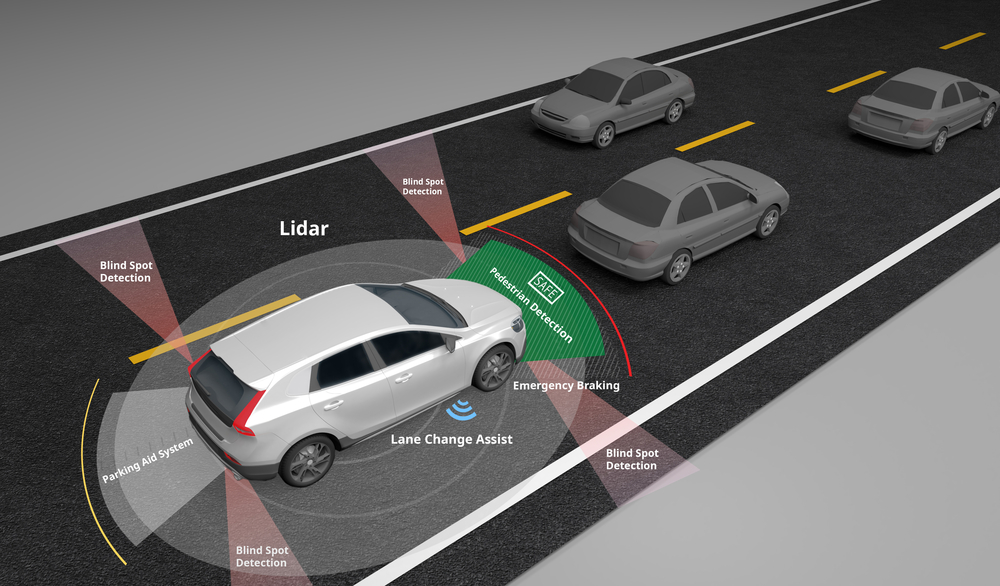



Leave a Reply